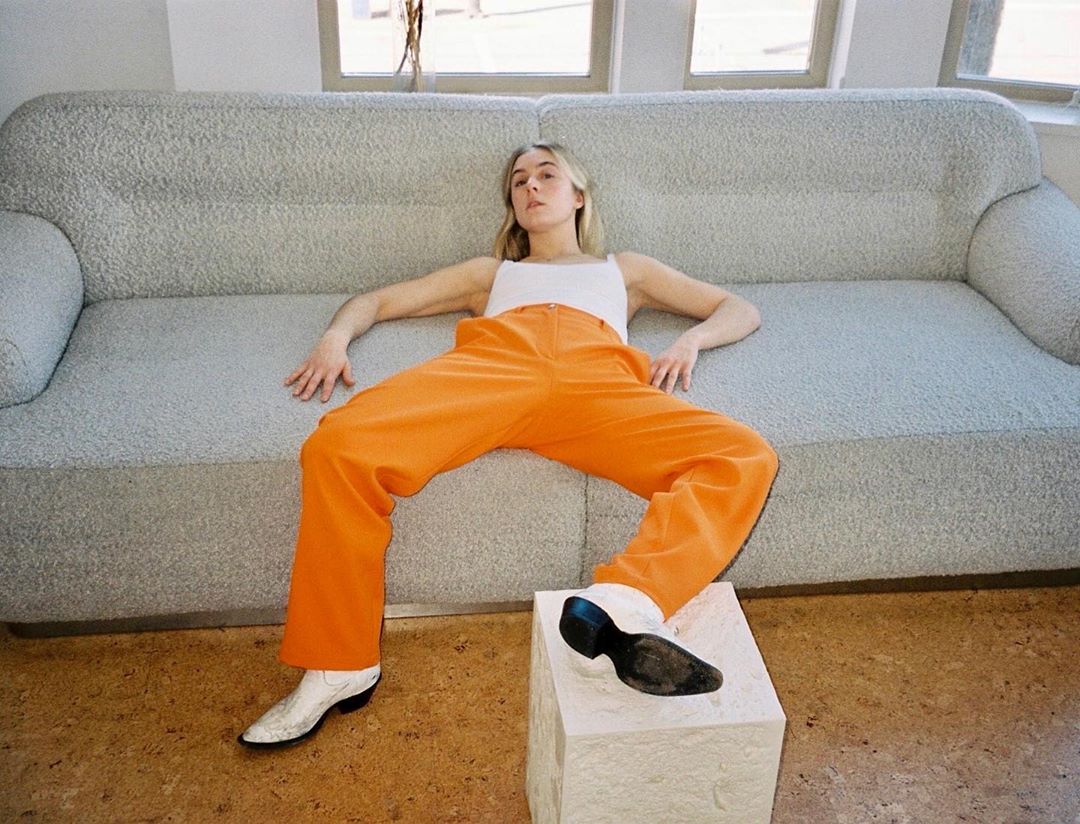
Based in Vancouver, Canada, Fyo͞ocher is a clothing brand that redefines who fashion is for, how we consume it and the way we view ourselves. It’s a positive shift in the fashion community, with clothes made for all body sizes.
Fyo͞ocher’s clothing is entirely made of upcycled or deadstock materials, as its mission is to reduce textile waste. They firmly believe that we must make better choices about our clothing choices, and we can take action by using materials that already exist.
The garments are one of a kind, exclusively designed based on the materials at hand. Fyo͞ocher allows you the opportunity to have your clothes convey a vital message that projects the values of sustainability and individuality.
Lucy Qi of Setting Mind interviews Jamie Dawes, founder and designer of Fyo͞ocher to learn more.
Qi: Can you walk us through your creative process?
Dawes: It’s a very long process. I know what styles I am drawn to and what brands I am inspired by, however, I try to simplify it as much as possible. The whole focus of my brand is the fabric. The story behind it, why it got abandoned, and how am I going to keep it out of the landfill.
Before I am satisfied with the fit I try it on at least 5 different body types. You may be the same measurement in the waist but everyone’s proportions are different. I try to make things that are flattering on everyone. This can lead to 1-5 different samples. Then when I finally go out and find the deadstock materials I have to make a sample of each.
It’s difficult because not all woven fabrics are the same. Some just don’t work for certain patterns and that’s been a huge learning curve. I am a true 26” in my brand so I always make myself a pair before I am willing to sell them. Needless to say I have too many pairs of pants….
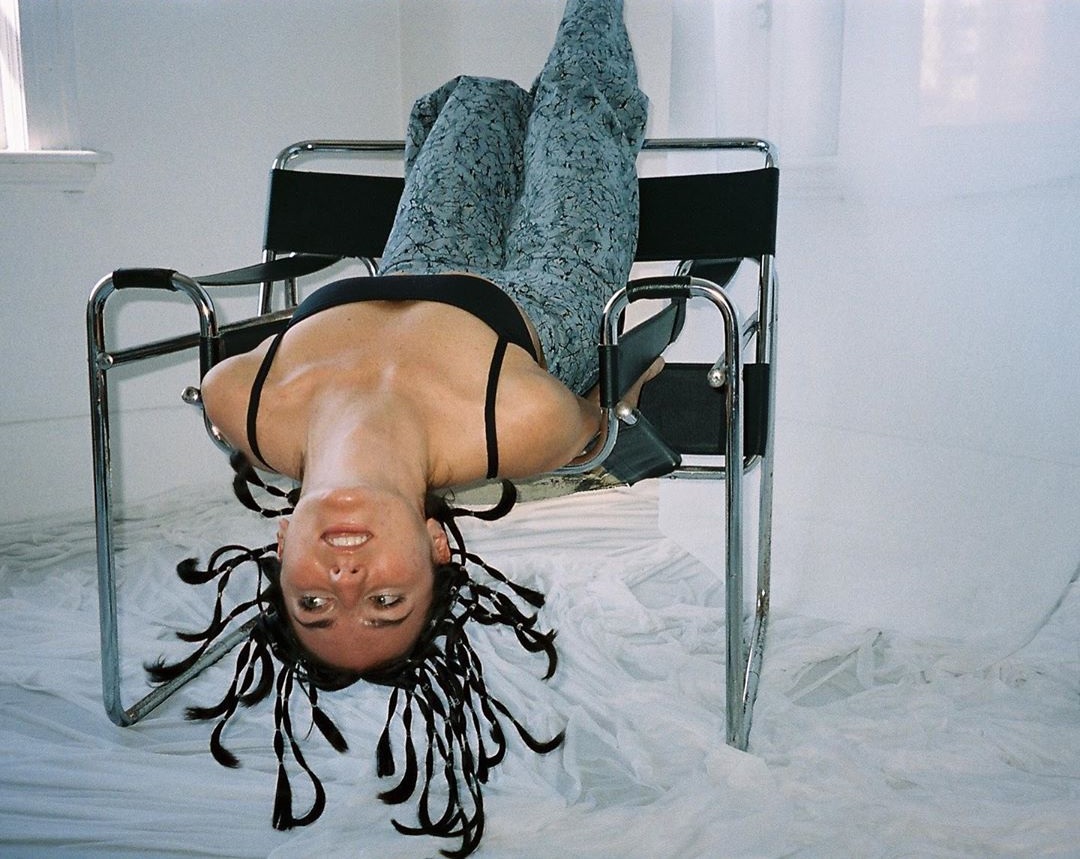
What messages and emotions do you want your clothing to convey?
I want to give you the opportunity to have your clothes say an important message. They are silent activists projecting your true values. I want you to put your pants on in the morning and know that you have done something to slightly change our incredibly polluting industry.
I want you to know where your clothes come from, who made them, where the fabric was sourced, and the impact you have made. I want you to think about the word Fyoocher and really think about it. What should the future of fashion look like and how are you going to contribute to that? We as consumers can change the industry with every purchase, however, it’s the people making the clothes that need to make the change first.
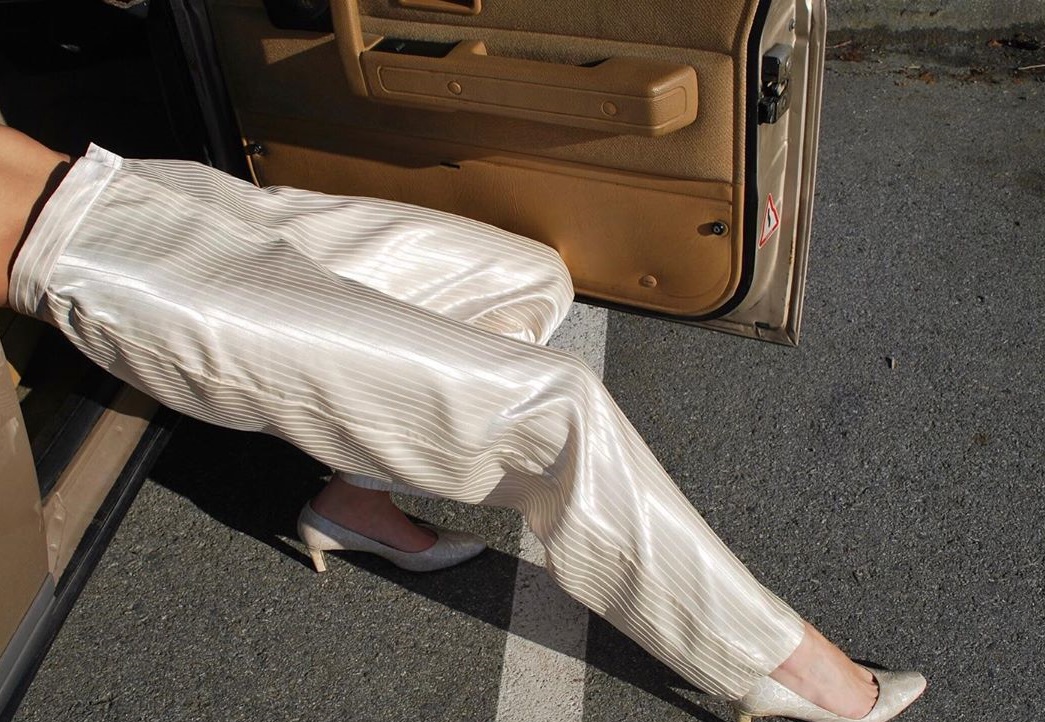
When did you first realize you wanted to pursue and establish your own apparel company?
I have always wanted to start my own company, I just wanted to work in the industry for a few years to get a grasp on things. I never completely knew what that would look like except I knew it would incorporate upcycling and sustainability.
Part of my personal style has always been dictated by pants. I love crazy patterns and colours and I always seem to find the perfect vintage pants that I wish I could recreate in different fabrics, so I decided to do it. I was actually lying in the park one day, not happy at my current job and I started daydreaming about the vintage pants I had just bought that day.
Someone walking down the street complimented me and I realized that you can’t buy unique sustainable pants anywhere. I got so excited by the idea that I started the next day. That was 5 months before I launched Fyoocher.
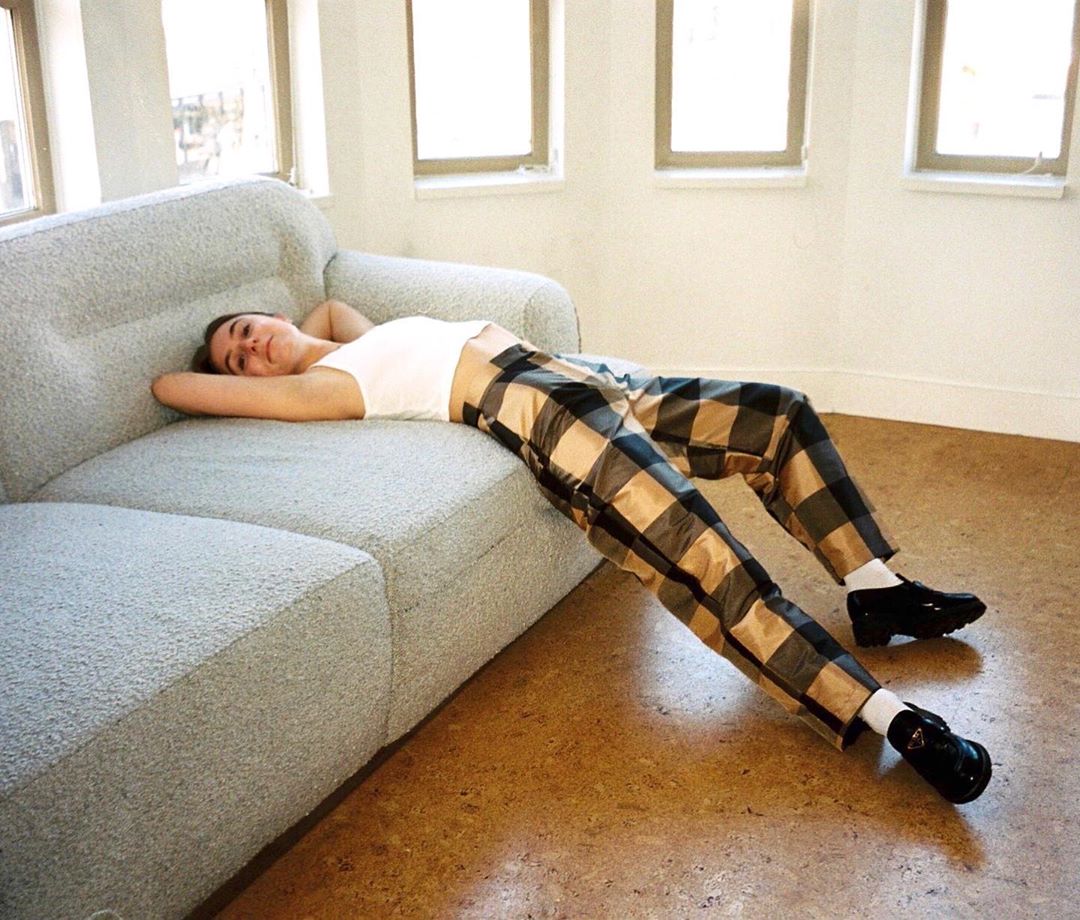
Why did you decide on using upcycled and deadstock materials for Fyo͞ocher’s pieces?
I don’t think you can start a clothing company these days without being sustainable, there is no point. I wanted to express my creativity and give people hand made quality products without adding to our oversaturated fashion industry. I think we are in the middle of a fashion revolution.
Fast fashion houses are going out of business and small sustainable companies are taking over and I couldn’t be happier about it. We are finally starting to see a positive shift based off of our buying power. I wanted to use deadstock and/or upcycled materials and do it in a sort of high fashion way to show that just because you are sustainable does not mean you have to wear long linen dresses. I wanted to elevate that.
What requirements do you think are necessary to make a collection successful?
There are so many things that go into a “successful” collection. I trust my instinct with the fabric choices, whatever catches my eye I give it a chance. I want to offer classic silhouettes that won’t go out of style next season, there needs to be longevity in order to be sustainable.
The most important aspect to think about is photography and styling. You need to create a scene that people are attracted to, and that they can imagine themselves wearing your clothing. My goal is to cater to a wide range of people, I don’t want to discriminate. Any body shape or age, I feel like I have something to offer you. It’s refreshing to not put the generic “target market” on things like I learned in school. I want everyone to wear the pants.
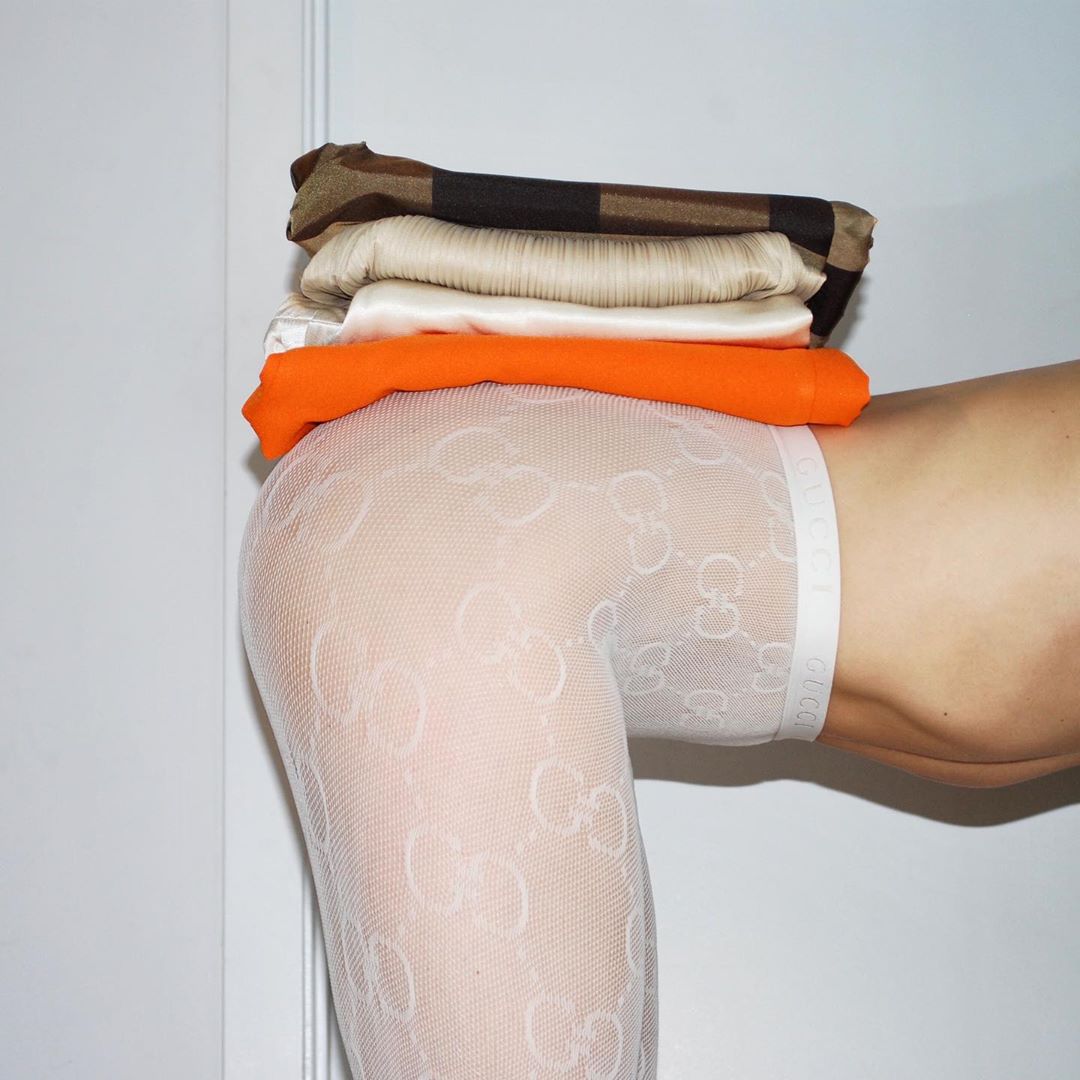
Which of your latest designs are you most proud of? What exactly makes you proud of it?
The very first look I did (for Fyo͞ocher) I am still the most proud of. I upcycled an authentic Gucci Banner that was hanging in the Vancouver Airport Gucci store. After the advertisement was over I got my hands on it. I made a matching jacket and pants and did my first Fyo͞ocher photoshoot. There was something special about finally being able to create my own vision and not trying to design for anyone else’s market. I could go wild with whatever I wanted. I was overwhelmed with how the shoot turned out and it’s something that I will never forget.
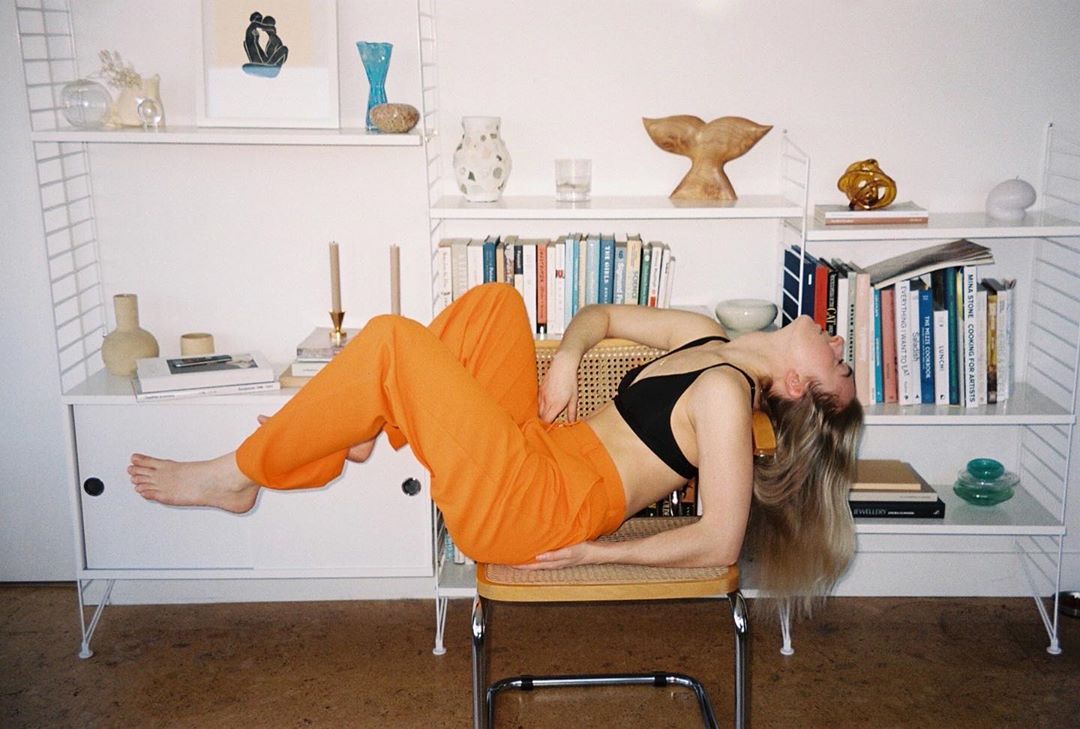
What advice would you give to young fashion designers just starting out in the industry?
I mean, I don’t mean to quote Nike but just do it. I would highly suggest getting some experience working at a small company to get to know the industry because the mistakes you make aren’t with your own money.
I would also urge you to not try to “make it” in the industry. Do what you love and if that is authentic and is portrayed well then your customers will follow. You need to do it for the love of creating not because you want to be a famous fashion designer, it doesn’t work like that.
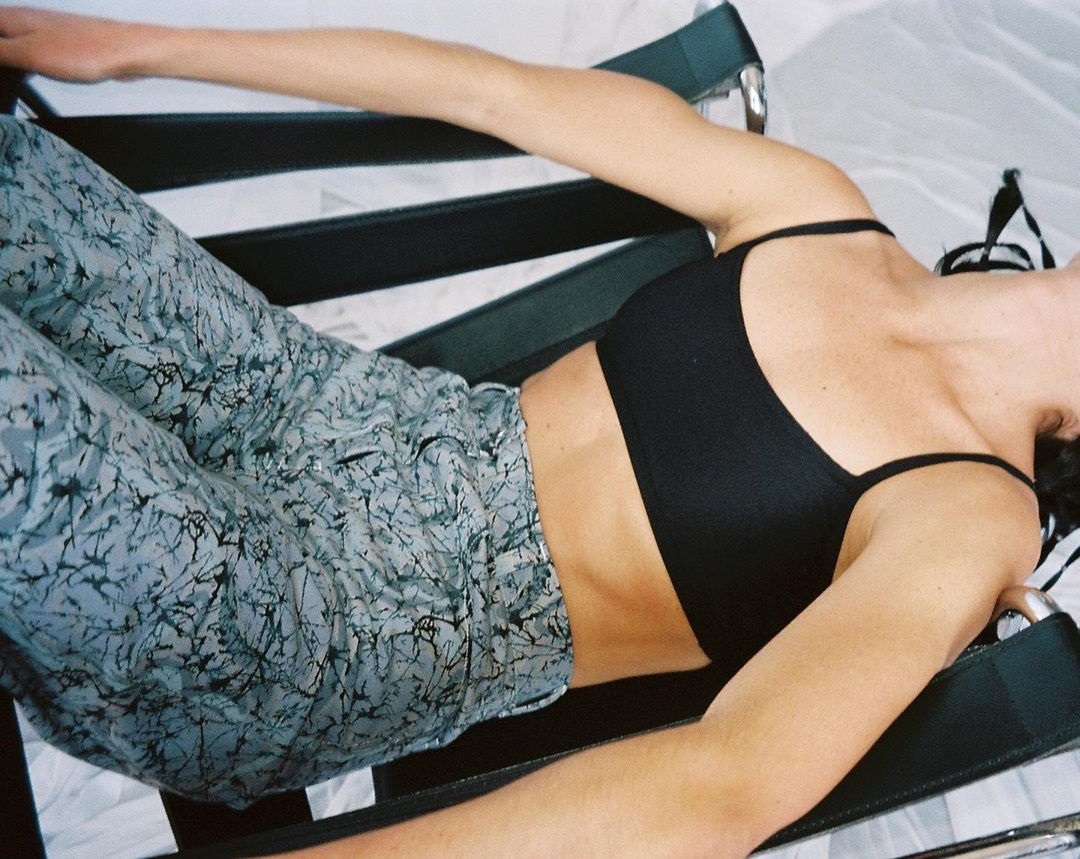
This interview has been edited for length and clarity.





